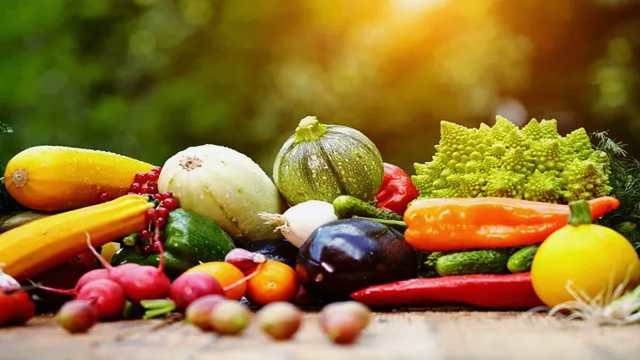In today’s fast-paced world, an irregular lifestyle and poor dietary choices have led to a significant rise in diabetes, affecting millions globally. Diabetes is a serious, lifelong condition that requires careful management, particularly when it comes to diet. For many, this means not only adhering to medication but also making sacrifices when it comes to their favorite foods.
Understanding which fruits are safe to consume is crucial for maintaining normal blood sugar levels.
Importance of Diet in Diabetes Management
For individuals with diabetes, diet plays a pivotal role in managing the condition. Consuming the right foods can help regulate blood sugar levels and prevent complications. It’s essential to focus on fruits with a low glycemic index (GI), as these have a lesser impact on blood sugar levels compared to high-GI fruits.
Glycemic index is a measure of how quickly a food raises blood sugar levels. Foods with a low GI (55 or less) are digested more slowly, leading to a gradual increase in blood sugar. Conversely, high-GI foods (70 or more) can cause rapid spikes in blood sugar, which can be detrimental for diabetics.
Fruits Diabetics Can Enjoy
Incorporating fruits into a diabetic diet is not only possible but beneficial. Here are some fruits that are generally safe for diabetics to consume in moderation:
- Kiwi: Packed with vitamin C and fiber, kiwis have a low GI and can help regulate blood sugar levels.
- Apples: Rich in fiber and antioxidants, apples are a great choice. Eating them with the skin provides additional health benefits.
- Pears: Another fiber-rich option, pears can help improve digestion and maintain stable blood sugar levels.
- Peaches: Juicy and delicious, peaches are low in calories and have a moderate GI, making them a good choice for diabetics.
- Berries: Strawberries, raspberries, and blueberries are not only low in sugar but also high in antioxidants, making them a superfood for diabetics.
- Oranges: These citrus fruits are high in vitamin C and fiber, and their low GI makes them a healthy snack option.
- Papaya: This tropical fruit is rich in vitamins and has a low GI, making it a great addition to a diabetic diet.
Fruits to Limit or Avoid
While fruits are generally healthy, some can cause blood sugar spikes and should be consumed with caution. Diabetics should be particularly careful with:
- Bananas: While nutritious, bananas have a higher GI and should be eaten in moderation.
- Grapes: These can be high in sugar, so portion control is essential.
- Mangoes: Delicious but sugary, mangoes should be limited in a diabetic diet.
- Lychee and Sapodilla: Both are high in sugar and should be consumed sparingly.
Managing Carbohydrate Intake
In addition to monitoring fruit consumption, diabetics should also be mindful of their overall carbohydrate intake. Planning meals in advance and consulting with a healthcare professional can help ensure that carbohydrate consumption remains balanced.
Conclusion
Managing diabetes requires a thoughtful approach to diet, particularly when it comes to fruit consumption. By choosing low-GI fruits and being cautious with high-GI options, individuals with diabetes can enjoy the benefits of fruit while keeping their blood sugar levels in check. Always consult with a healthcare provider for personalized dietary advice to ensure optimal health and well-being.

